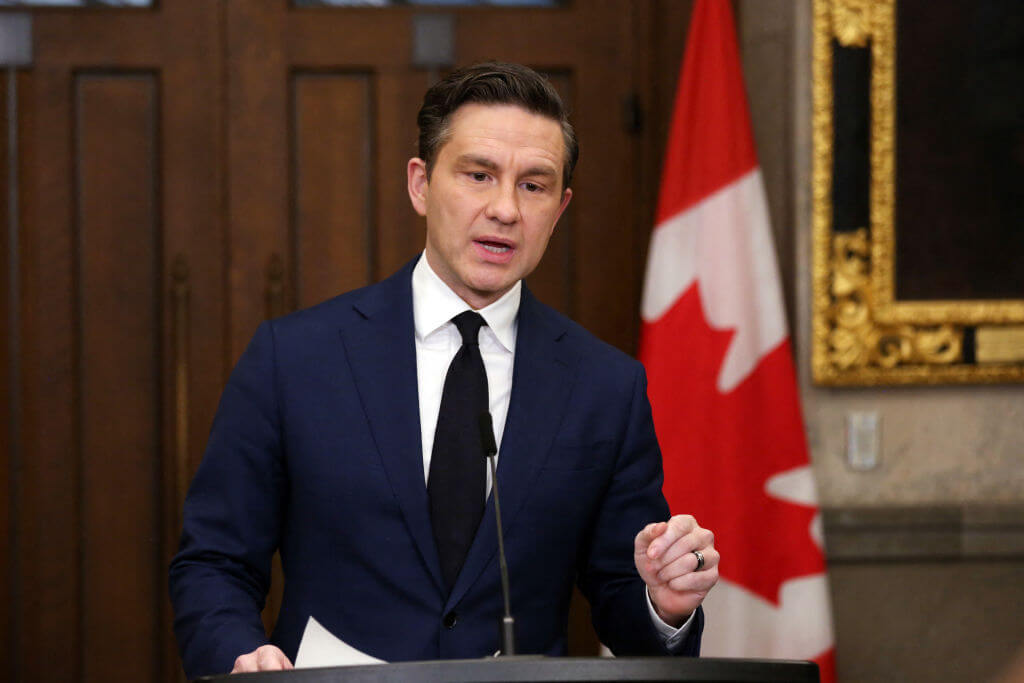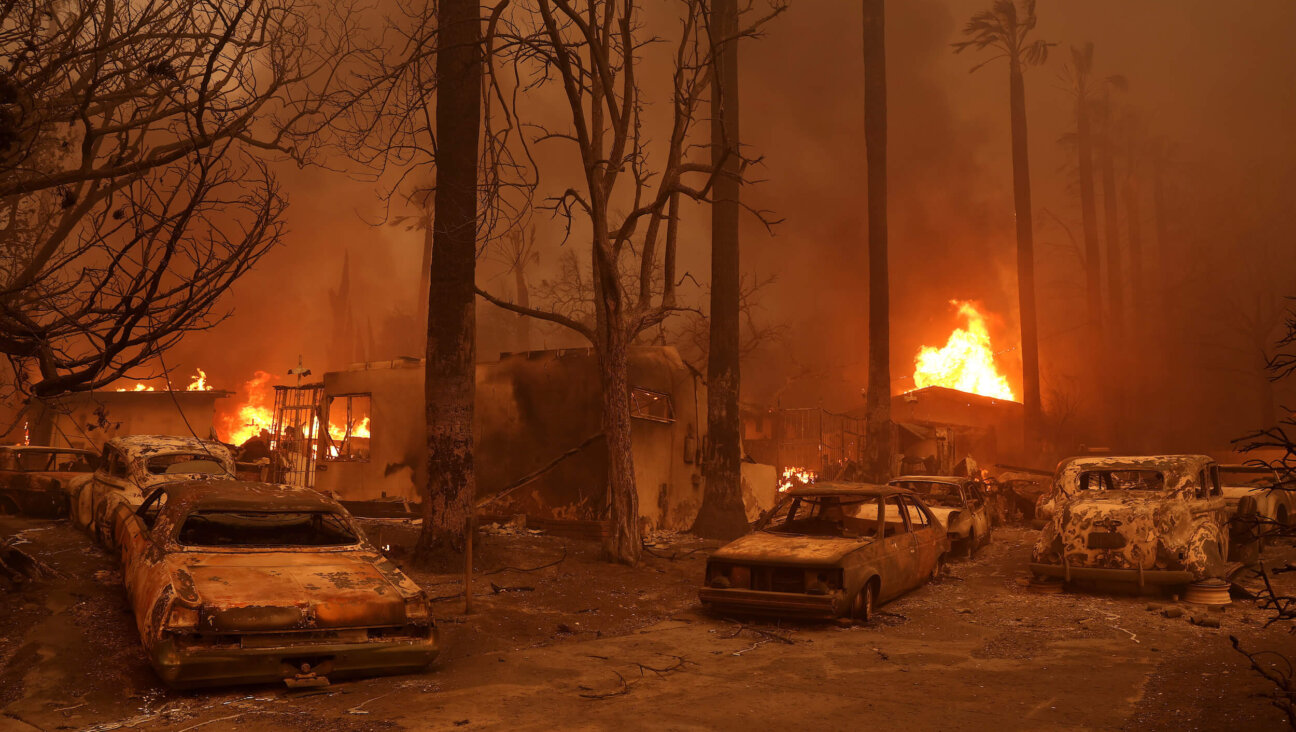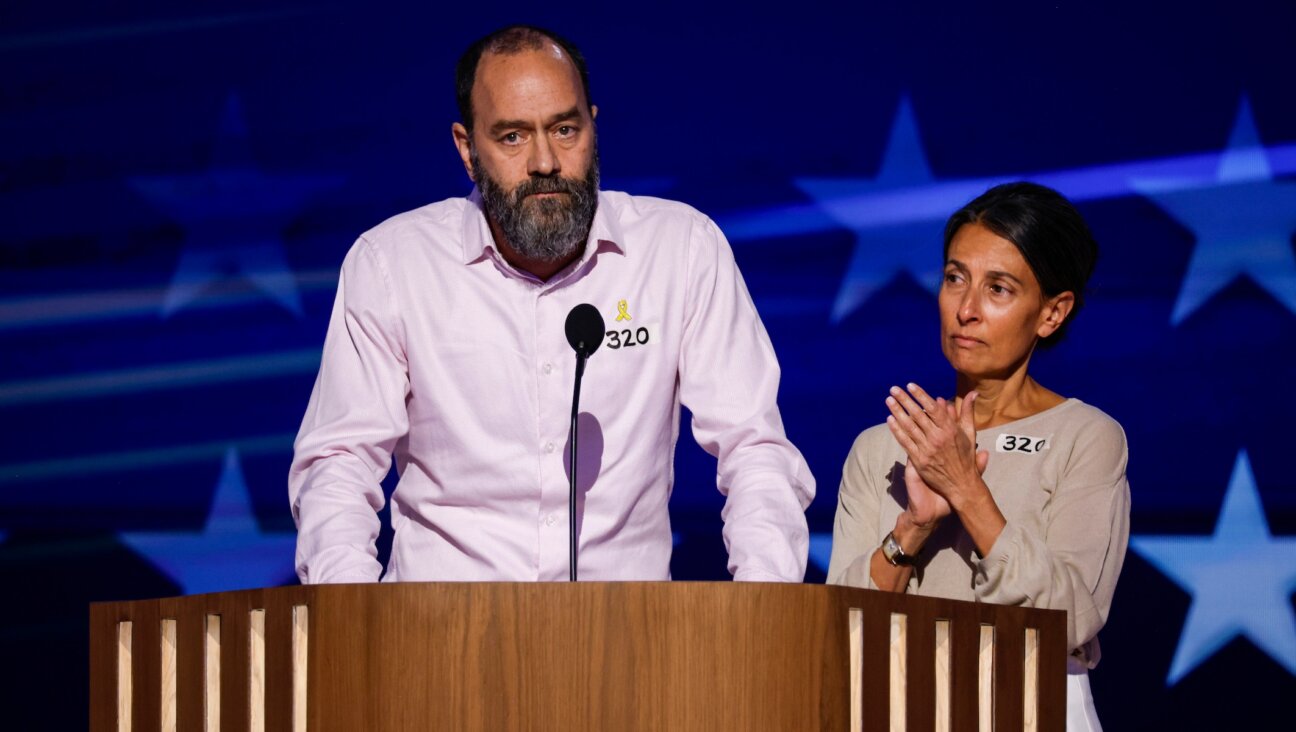Children Bear Brunt of War in Gaza

Image by getty images
All 11-year-old Yasmin Al-Bakri remembers is that her mother was baking bread.
Then she woke up in a hospital bed in Gaza to discover that both legs and her right arm were in bandages and she was suffering severe burns and fractures after her house was hit by an Israeli air strike. She also learned that she had lost most of her family.
Yasmin survived, but figures issued on Wednesday by UNICEF, the U.N. children’s agency, showed that 419 Palestinian children have been killed in the nearly month-long Gaza war. That compares with 350 children who died in Israel’s three-week ground offensive in the enclave five years ago.
At least six Israeli children were reportedly injured due to rocket fire from Gaza in the past month, according to preliminary UNICEF figures.
Yasmin says she was told her mother, her six-year-old sister and her three-month-old brother were killed along with her uncle and her cousin when an Israeli missile hit their house two days ago.
Since then, Gaza has been quiet as Palestinians and Israelis observe a 72-hour ceasefire which, it is hoped, will lead to a more durable truce after a war that has devastated much of the densely populated enclave.
“I was helping my mother while she baked bread, then I don’t know what happened. When I woke up in the hospital they told me what happened,” Yasmin told Reuters as she was readied for surgery on her broken arm.
“My mother died, my sister, who was supposed to start first grade at school, and my baby brother. My uncle was also martyred and my cousin too,” Yasmin said in a soft voice, struggling to breathe.
MILITARY OFFENSIVE
The Gaza health ministry says 1,869 Palestinians, mostly civilians, have been killed in Israel’s military offensive on the Gaza Strip. On the Israeli side, 64 soldiers and three civilians have died.
In another bed in Gaza’s Shifa hospital, 18-month-old Mohammed Wahdan cries whenever his cousin tries to remove her finger from his hand.
“These children lost their mother, their father was critically wounded and transferred to another hospital, their house was also destroyed,” said Ahlam Wahdan, Mohammed’s cousin, referring to the boy’s two brothers lying in beds next to him.
Originally from the town of Beit Hanoun near Gaza’s northern border with Israel, the family took shelter in a United Nations school after their home was bombed. But the school was shelled and 17 people seeking refuge there were killed.
Israel says it was firing at Palestinian militants.
“The family then rented a house in Jabalya refugee camp but that very night, the house was bombed and the tragedy occurred,” Ahlam told Reuters.
Outside Shifa hospital, families displaced by Israeli forces in Shejaia district in eastern Gaza, where 72 people were killed two weeks ago, used blankets to set up makeshift tents on the sidewalks, in the garden and in the car park.
Children played barefoot, some slept in the shade of their tents and others were being fed by their mothers.
“What future do those children have? What memories has Israel implanted in them?” said an old woman sitting nearby.
“The children are afraid all the time, they do not sleep and sometimes they wake up in the middle of the night screaming,” the woman said.
UNICEF estimates that nearly 400,000 children in Gaza are in need of psychological help.
Meanwhile, Yasmin does not want to cry for her lost family.
“They are in heaven,” she said. “I have patience.”
A message from our Publisher & CEO Rachel Fishman Feddersen

I hope you appreciated this article. Before you go, I’d like to ask you to please support the Forward’s award-winning, nonprofit journalism so that we can be prepared for whatever news 2025 brings.
At a time when other newsrooms are closing or cutting back, the Forward has removed its paywall and invested additional resources to report on the ground from Israel and around the U.S. on the impact of the war, rising antisemitism and polarized discourse.
Readers like you make it all possible. Support our work by becoming a Forward Member and connect with our journalism and your community.
— Rachel Fishman Feddersen, Publisher and CEO























